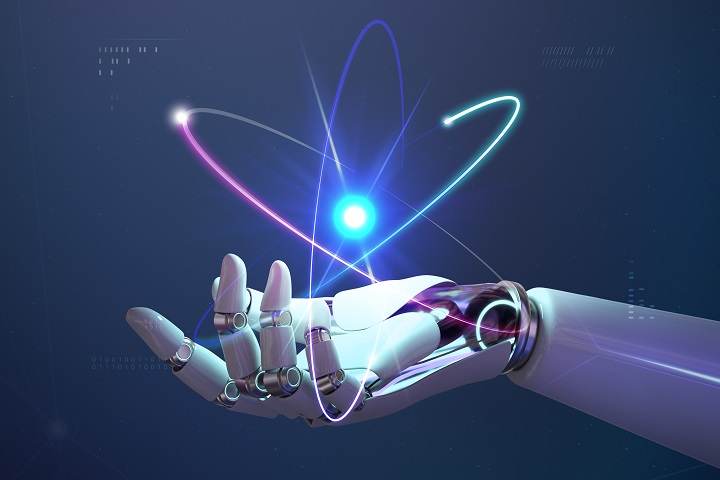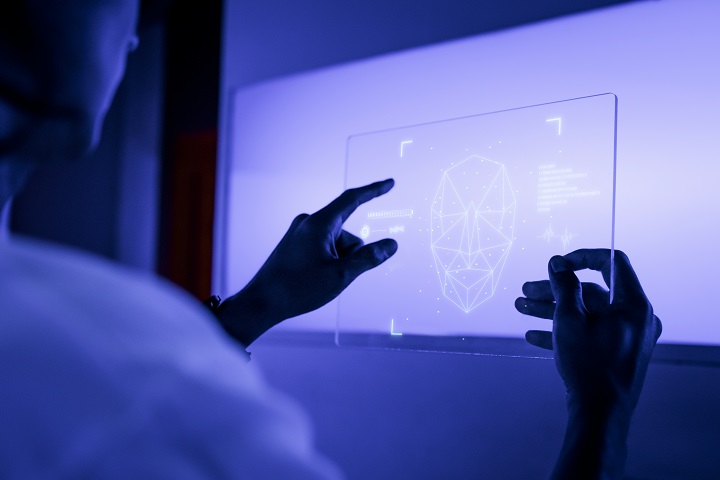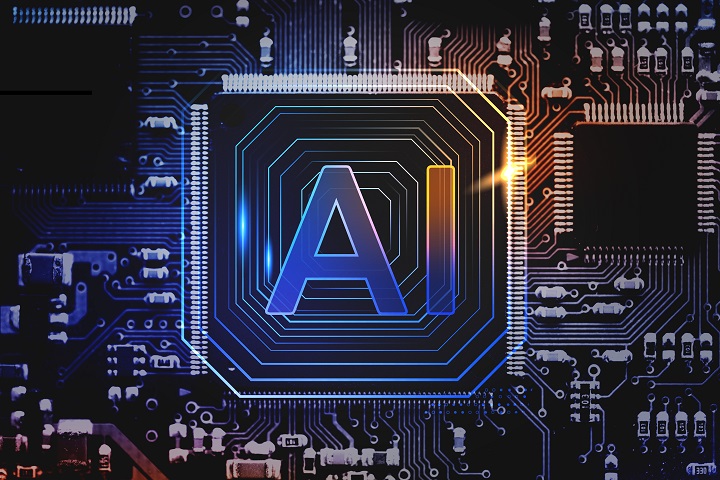Artificial Intelligence (AI) has invaded all sectors of daily life and while some see the conditions as extremely favorable to achieve maximum economic development and make a more efficient use of time, others warn of the urgent need to create safeguards to prevent the violation of Human Rights -such as privacy- by the indiscriminate use of this technology.
First of all, it is important to define what is meant by Artificial Intelligence: the combination of algorithms with the aim of creating devices that resemble human cognitive abilities and skills. In this sense, the giant steps that are being taken in this area are transforming the dynamics of work and the processes of production, commercialization and marketing. Even AI applied to customer services is creating new modes of interaction between people and machines.
Thanks to machines, software and applications, it is possible to obtain and organize data quickly, which, when analyzed, allow establishing very useful insights when making decisions by the spheres that have access to such data. This premise serves to appreciate an undeniable reality: AI saves human beings time to the same extent that it displaces them to undertake more strategic and important tasks.

However, in terms of human rights, political leaders point out the risk of violating the right to privacy, health, education, freedom of movement, freedom of peaceful assembly and association, and freedom of expression by means of deep learning algorithms so large and complex that it is difficult to determine whether or not they make discriminatory decisions. Experts argue that algorithms trained on historical data are likely to reinforce and/or exacerbate existing prejudices and inequalities.
In this regard, OHCHR High Commissioner Michelle Bachelet views the scenario with suspicion and emphasizes that the greater the risk to human rights, the stricter the legal requirements for the use of AI technology should be. “But given that assessing the dangers and how to overcome them may still take some time, states should implement moratoriums on the use of technologies that present a high risk potential now,” she added.
However, it is obligatory to focus on how beneficial algorithms have been in various situations, such as helping the economic recovery during the pandemic and many other areas that we will see below:

In healthcare, thanks to AI, it has been possible to diagnose diseases (such as cancer) more quickly and accurately. Similarly, it has become easier to monitor and control chronic patients through wearables and other electronic devices. In fact, researchers at the University of California at San Diego developed an algorithm with the ability to predict the evolution of viral infections, including COVID-19 in patients.
In this order, it is now a fact that it is possible to examine previous experiences on how drugs have or have not worked; to discover the molecular structures of drugs that act in different types of people, and therefore, to infer and propose new candidates for clinical trials.
In the particular case of dentistry, AI-based advances have been obtained for the diagnosis of oral diseases, in addition to valuable tools for the analysis, interpretation and characterization of radiological images.
Education is another of the environments well impacted by algorithms that allow access to the profile of students and know their needs, in order to design plans and activities that promote learning efficiently by combining practice with theory.
Artificial Intelligence in justice is another aspect that is based on the use of data semantics, the automation of processes and searches in order to make accurate forecasts or predictions, thanks to applications that use geolocation systems and radio frequency identification devices.

Another branch worth mentioning is artificial intelligence used to optimize state revenues. Two key examples of this are Canada and Spain, which have included technology in the functioning of administrations, policies and practices of tax agencies. Artificial intelligence to optimize public spending has its best exponents in Ukraine, where virtual marketplaces were created with the aim of creating a database to unify information on public procurement.
Having said all this, a relevant point that determines the consequences of the use of algorithms is the quality of the data on which they are based, which will determine their security. A clear example of how useful it can be to use them is that, in 2020, a biological enigma called protein folding was solved.
No one can ignore that the media and social networks generally tend to focus on the negative and peripheral aspects of the impact of AI on life (influence on electoral processes, etc.) and leave aside the day-to-day achievements.
AI proponents are convinced that AI has come to boost the development of human potential and empower entire communities because each step is a breakthrough that frees men and women from routine jobs to invite them to play more challenging, creative roles that demand critical thinking and dedication.

IC INTERNATIONAL GROUP
Copyright © 2024. Todos los derechos reservados
to save your favourite homes and more
Log in with emailDon't have an account? Sign up
Enter your email address and we will send you a link to change your password.
to save your favourite homes and more
Sign up with emailAlready have an account? Log in